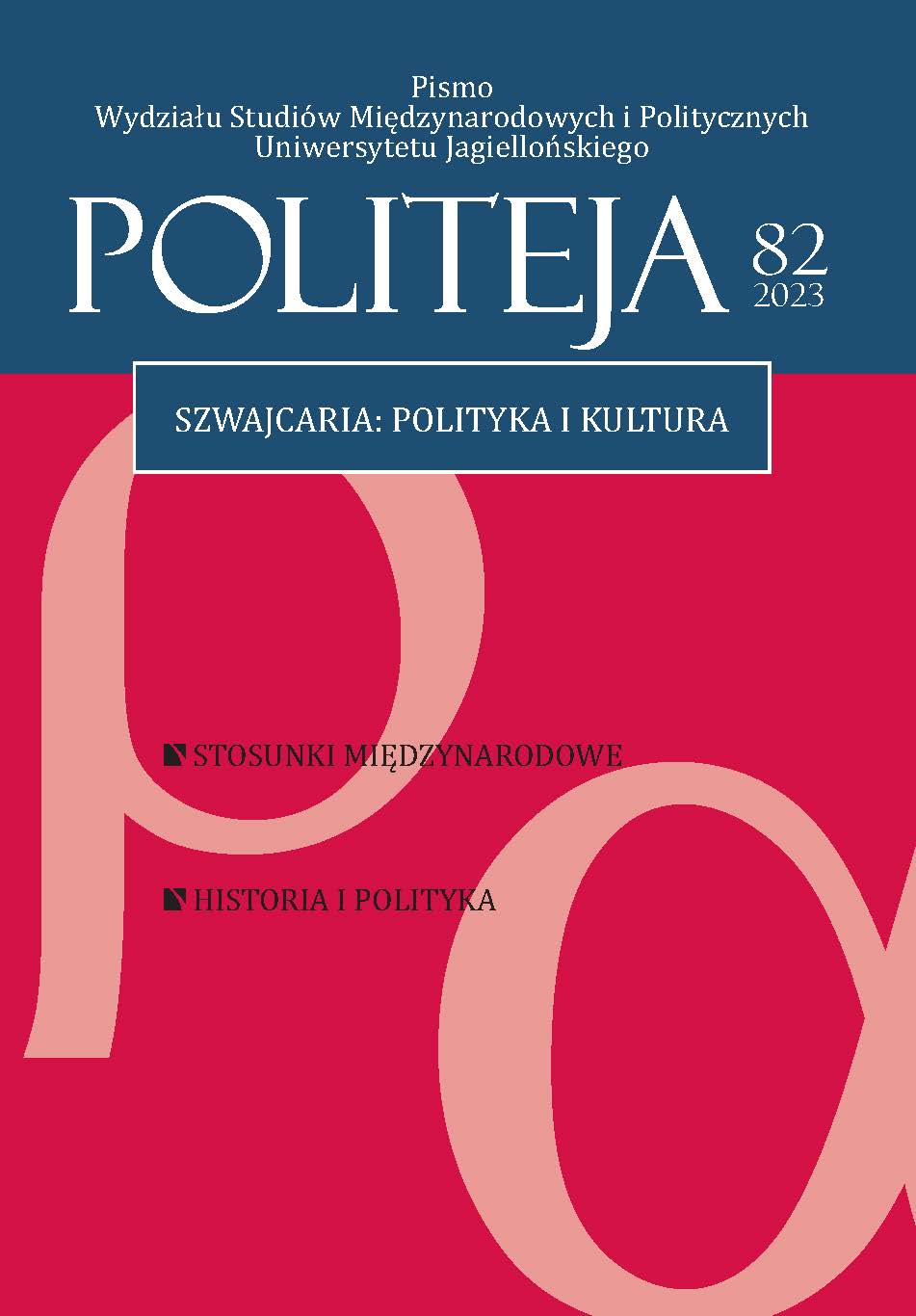‘To Speak to the Hegemon’: The Visions of Soviet Past in the History Coursebooks of Central Asia Countries
‘To Speak to the Hegemon’: The Visions of Soviet Past in the History Coursebooks of Central Asia Countries
Author(s): Michał KuryłowiczSubject(s): Politics / Political Sciences, Politics, Politics of History/Memory
Published by: KSIĘGARNIA AKADEMICKA Sp. z o.o.
Keywords: Central Asia; USSR; politics of memory; historical education; coursebooks
Summary/Abstract: The article analyzes the content of history coursebooks in selected republics of Central Asia: Kazakhstan, Kyrgyzstan and Uzbekistan. The author focuses on the matter that is less frequently interpreted but nevertheless has a significant influence on the societies – the most recent editions of coursebooks on the national history of the 20th century. The republics of Kazakhstan, Kyrgyzstan and Uzbekistan were chosen because in each of these states the Soviet heritage is debated for different reasons, and its evaluation is redefined to a different degree. The analysis focuses on the newest editions of coursebooks, written from the perspective of more than two decades of independence; they were also revised and expanded during the periods of increased political dynamics in all three countries: in Kyrgyzstan, after two sudden changes of the government; in Uzbekistan, after the death of Islam Karimov; and in Kazakhstan, after Nursultan Nazarbayev’s voluntary stepping down from the office of the president of the republic. The author pays special attention to the differences in various national historical narratives relating to the key historical events of the Soviet period (from the point of view of Central Asian countries): the creation of national republics within the Soviet Union, the participation of republics of this region in the events of World War II, the process of the collapse of the USSR. The author juxtaposes the contemporary historical narrative with the parallel historical policy in these republics. The author also points to the degree of closeness of today’s historical narrative in Central Asia to the narrative developed during the Soviet period. Such a comparison shows significant differences between the analyzed countries in the degree of change of the language base developed in the Soviet period. The study also shows a different tendency to reject the Soviet historical concept. This indirectly gives an answer to the question of the possibility of liberating today’s Central Asian historical narrative from the ‘complex of hegemon’, which is characteristic of postcolonial countries.
Journal: Politeja - Pismo Wydziału Studiów Międzynarodowych i Politycznych Uniwersytetu Jagiellońskiego
- Issue Year: XX/2023
- Issue No: 82
- Page Range: 395-408
- Page Count: 14
- Language: Polish

